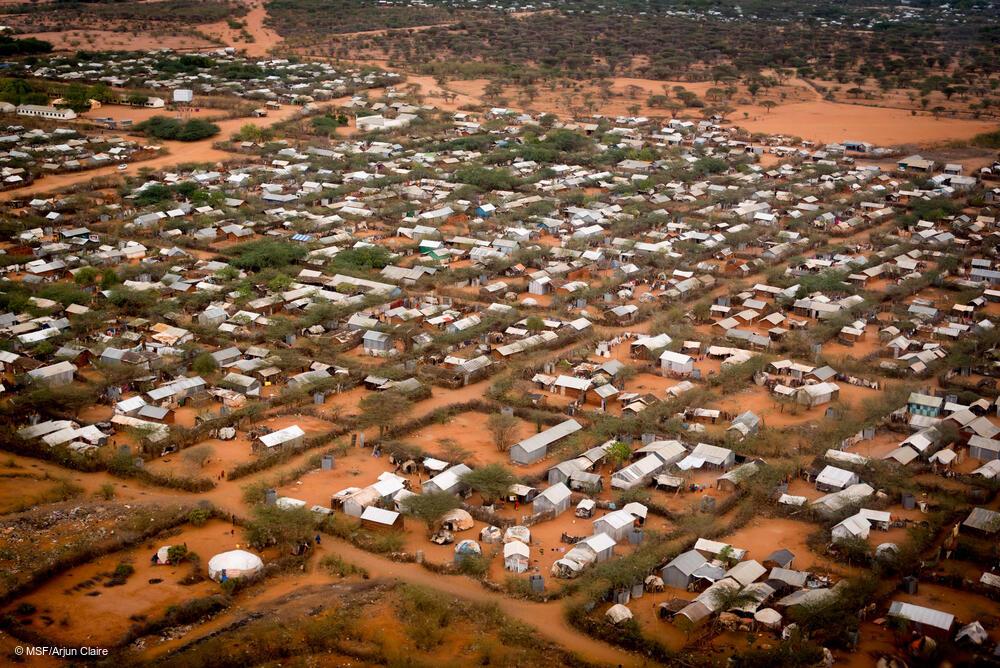"The Kenyan government and the United Nations refugee agency, UNHCR, formally announced plans to close refugee camps in the country by 30 June 2022. For many of the more than 430,000 refugees living in the camps, this announcement will come as a shock. They were completely left out of this conversation despite the life-changing impact it will have on their future.
MSF agrees refugee camps are not a long-term solution. But the rushed and non- consultative manner in which this decision was made makes us question the feasibility of closing camps in such a short timeframe in a way that respects the rights and safety of refugees.
The roadmap to close the camps places too much emphasis on voluntary repatriation. It is impossible to put a deadline on returns especially as some of these home countries remain unsafe. Refugees have a right to make a free and informed choice about if and when to return and should not be held hostage to arbitrary deadlines.
Somali refugees in Dadaab will struggle to return to a country experiencing multiple challenges, but no alternatives have yet been presented to them. This is likely to cause panic and make their situation even more precarious.
Kenya’s almost 30 years of support for refugees has far exceeded what many wealthy countries have done. But after generously hosting refugees for decades, it should not close the door on refugees now and leave them to fend for themselves.
Beyond Kenya’s support, wealthy governments must also double their efforts to share the responsibility of supporting refugees. They must not only ensure continued and sufficient humanitarian assistance for refugees while they are in the camps, but also support Kenya in integrating refugees into local communities. And they must offer increased opportunities for resettlement including complementary pathways.
Refugees need durable solutions. But forcing solutions onto refugees is not the answer. They must have a say in their future and be able to choose the best path forward for themselves. "
